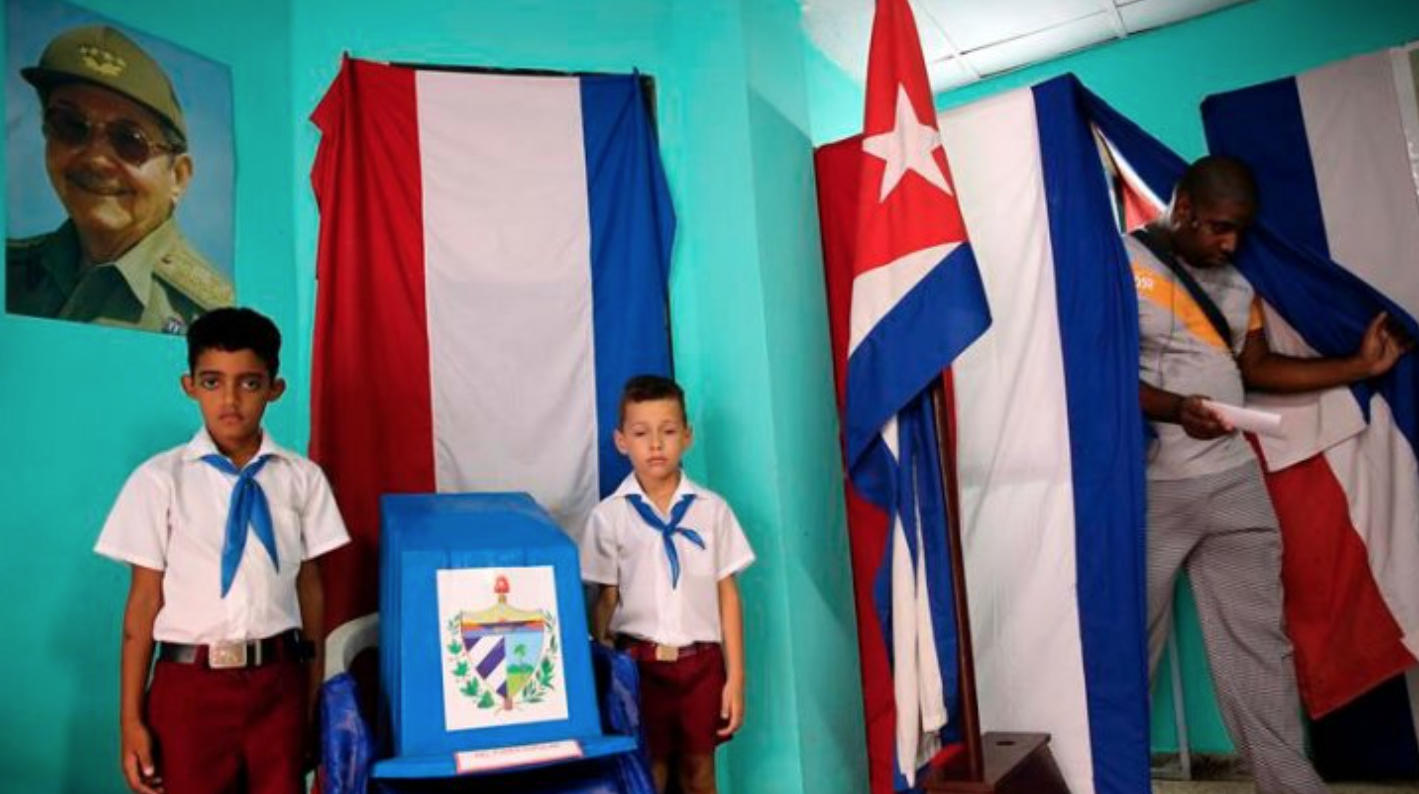While 16 countries in Latin America allow their citizens abroad the right to vote, the Cuban diaspora suffers from a double exclusion. On the one hand, they have been forced to abandon the island due to the systematic violation of human rights that has deepened in the last year since the massive protests of July 11, 2021. And, on the other hand, they suffer the loss of their electoral, identity and return rights once they emigrate.
The new Cuban electoral law (2019) established the requirement of “effective residence” for a period of no less than two years prior to the election as a condition to exercise the vote. For practical purposes, the only ones who do not lose their right to participate in political affairs are “the families of supporters and personnel who are abroad for official reasons.”
Therefore, in the Referendum on the Code of Families on September 25, only people who are part of the Government and are in functions of diplomatic missions will be enabled to exercise their vote abroad. If the turnout for the constitutional referendum of 2019 is taken into account, there are 40,000 individuals in this category.
Thus, at least two million Cubans who have left the island have lost their rights, according to some estimates. The U.S. Census Bureau’s data estimates that almost 1,500,000 Cubans live in the United States. In the last year, at least 180,000 Cubans, more than 1% of the population, entered the United States through the Mexican border.
This deprivation of the political rights of Cubans abroad goes against the regional and global trend of granting political rights to migrants.
Article 21 of the Universal Declaration of Human Rights states that “everyone has the right to take part in the government of his country, directly or through freely chosen representatives”. For its part, the Preamble to the Covenant on Civil and Political Rights states that “(…) the ideal of free human beings enjoying civil and political liberties and freedom from fear or want cannot be achieved unless conditions are created whereby everyone may enjoy his civil and political rights, as well as his economic, social and cultural rights (…).”
In turn, the American Declaration of the Rights of Man establishes that “every person with the legal capacity to has the right to take part in the government of his country, directly or through his representatives, and to participate in popular elections, which shall be by secret ballot, genuine, periodic, and free”.
Thus, in order to draw attention to the restriction of these rights and promote an exercise of citizen participation in Cuba, the only totalitarian regime in America, Transparencia Electoral and DemoAmlat are offering a technological platform so that residents abroad can register and vote from their cell phones or computers (although the result is not binding) in the referendum on the Family Code to be held on September 25.
This is the first experience of organization of the diaspora from the electoral perspective. This tool will allow those who suffer from this double exclusion to be connected to the political affairs of the island and to start the elaboration of a census of Cubans abroad. This is a fundamental task for the analysis and implementation of policies for this group and its recipient countries.
Leaving a country does not mean the total forfeiture of citizenship status. Regardless of one’s residence abroad, all people have the right to identity, nationality, and the right to participate in the political affairs of their home countries. Those living in Cuba cannot vote freely nor are they certain that the only legalized party, the Communist Party of Cuba, will count their vote according to their preference.
With this initiative by Transparencia Electoral, Cubans who have left their country will not recover their rights, but they will be able to expose the Cuban electoral authority that makes manipulation and discretion its only way of functioning.
*Translated from Spanish by Alek Langford











